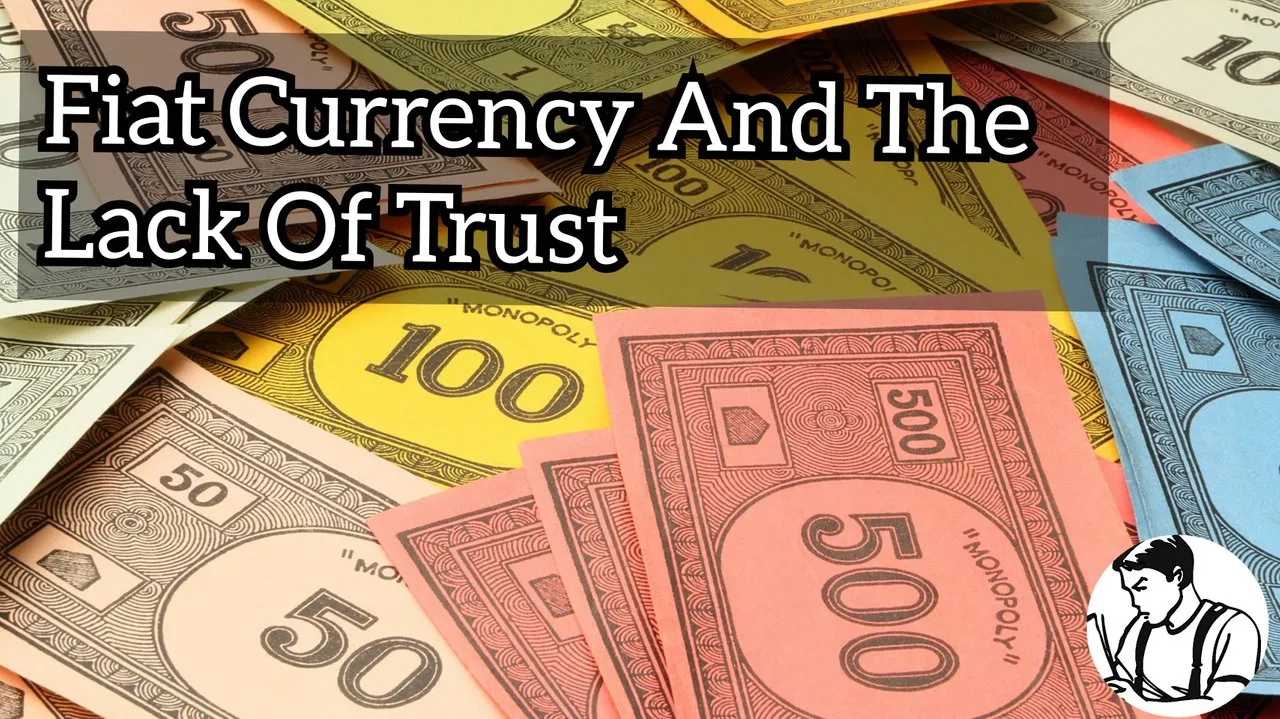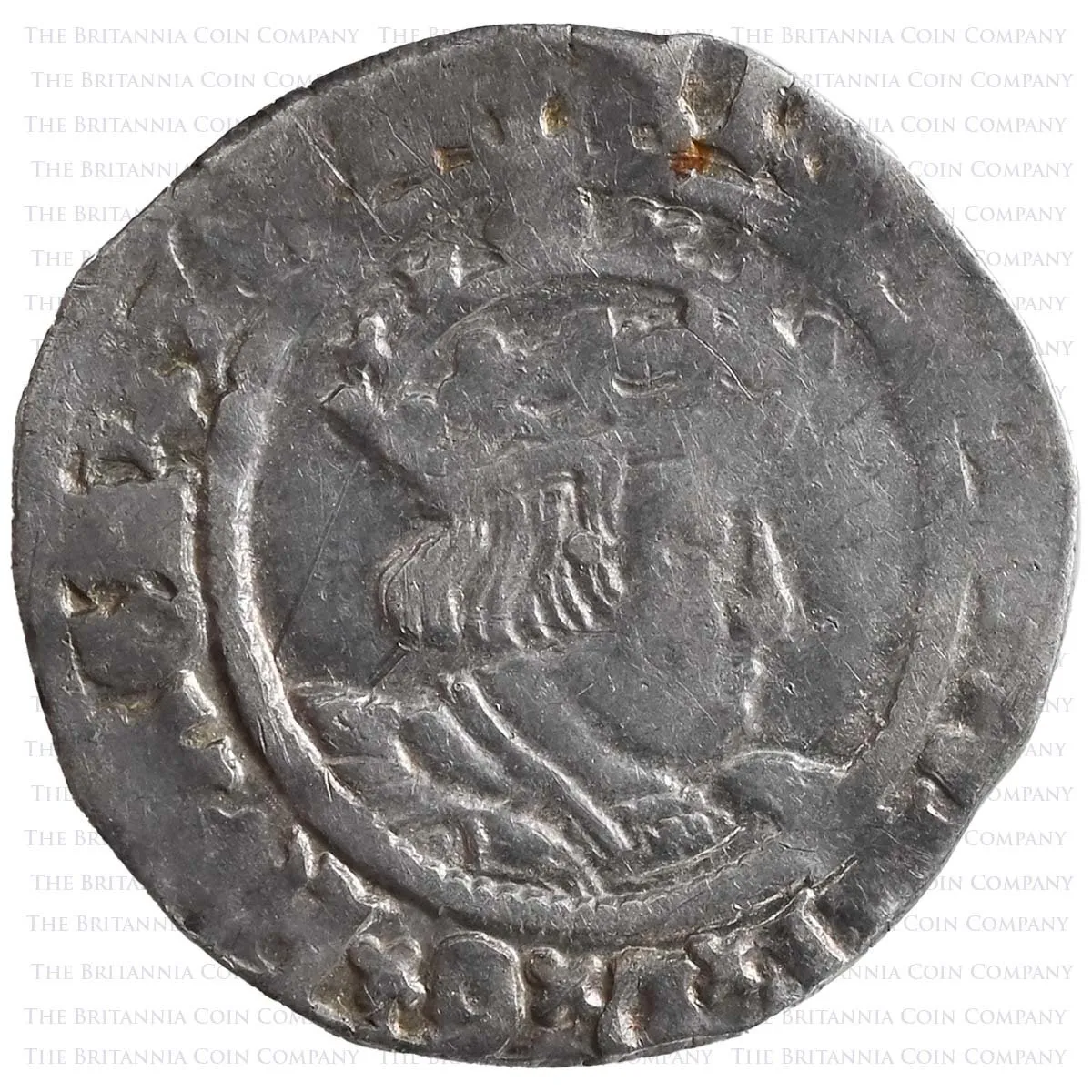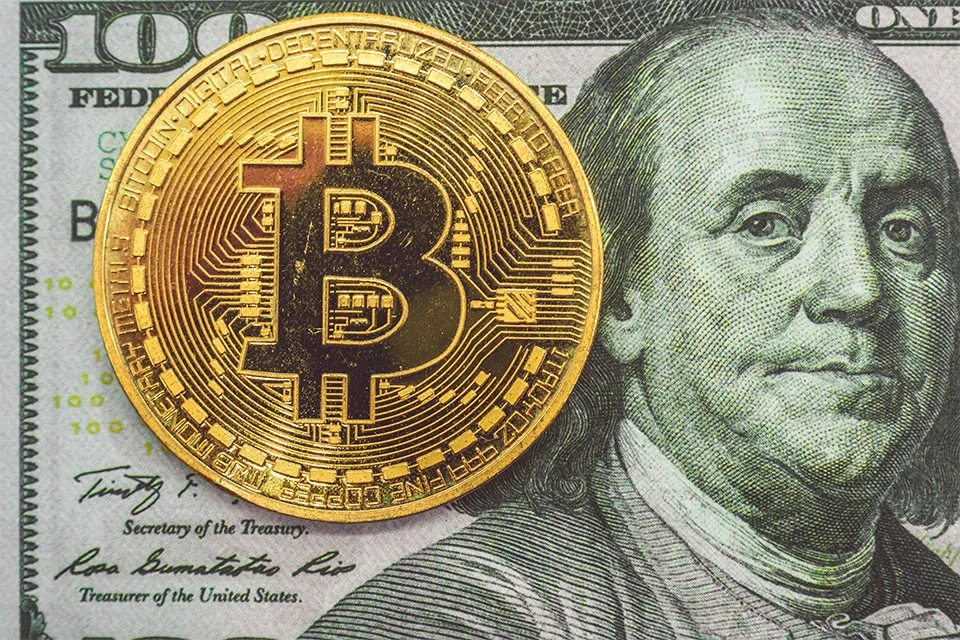
'Money' is arguably the most important invention in human history. It's what allows us to share and exchange value with each other, transferring value amongst ourselves.
But it also has a problem like everything else: governments have tended to print too much of it. This leads to inflation and economic instability, which we've seen time and again throughout history.
This was true in ancient Rome when Julius Caesar introduced silver denarii into circulation because of the coin shortage which resulted in a price increase on everyday items including food and wine.
What's Fiat Currency?
Fiat currency, or money that's not backed by any physical asset, is the type most commonly used in the modern world. This includes the U.S. dollar, Euro and other central bank issued currencies.A fiat currency is created when a government decides to issue its own money without having any assets on hand to back it up with.
It was first done by Henry VIII in 1544 when he began minting coins with his image on them and declared them legal tender for all debts public and private in England (and eventually became an accepted practice around the world).
When you look at your paycheck or paycheck stubs and see amounts written down like $1,000 dollars per month or $20 dollars per week under "Salary" or "Wage", this is called fiat currency because it has no intrinsic value other than what someone else agrees upon it being worth at any given point in time (usually compared directly against another country's currency).
That's why rich people say money is just numbers on a screen and that's quite true when you look at it from the context above.
Fiat currency has no intrinsic value of its own as it's backed by nothing more than the 'word of government and trust in their promise' to honor the currency.
Government And Trust
Government and trust are two words that may not go together so well in peoples' minds, especially in this current age we live in where buried secrets keep up erupting like wild volcanoes.To reiterate, the term fiat currency refers to money that is not backed by a physical commodity like gold. The way that this works is that it is only worth what people believe it to be worth.
New investors might find all of this very confusing and hard to understand just like I was when I started reading about these concepts, but it’s actually pretty simple: The government controls the supply of money and can decide how much new currency they want to print at any given time.
If they want more money in circulation, then they just create more—and if they want less, then they destroy some instead (not in a technical sense).
The idea of creating something that's not backed by anything other than a flimsy trust is still new to me. Everything should be backed by something tangible (not necessarily in a physical sense) that serves as an anchor and gives it a structure.
People who are hard working and believe that what they earn should be rightfully theirs feel cheated when their hard earned money loses its value. Why should they keep trusting the government?
When you work hard and earn money, you expect that the fruits of your labor are rightfully yours. But if your hard-earned money loses value over time, then it feels like a betrayal by the system.
How Does That Play Out With Cryptocurrencies?
Cryptocurrencies are created according to a code or set of rules. Once a cryptocurrency is created, it cannot be changed or modified.That's permanent and prevents anybody from being able to alter them or devalue them by printing more as is done with fiat currencies backed by government promises.
The blockchain is a public ledger that records all transactions in chronological order. Each block in the chain contains data like the time stamp and transaction amount, as well as other details such as an identifier for each cryptocurrency owner involved in that transaction.
The key points here: Cryptocurrency transactions can be traced back to their owners, but they're also anonymous because there's no personal information included on the blockchain itself (just like at an ATM).
Can Cryptocurrency Solve The 'Trust Problem' With Governments And Their Fiat Currency?
This is the main reason why cryptocurrency was created. The first decentralized digital currency, bitcoin, has been around since 2008. Since then, there have been other cryptocurrencies (like Hive) created which use blockchain technology in order to record transactions without the need for any central party (i.e., government).Why don't people trust governments anymore? Is there something inherent about this particular moment in history? Or are people simply more aware than ever before about how their taxes are spent or that they now have options?
Perhaps both are true —but why does this matter for financial institutions? Because if people aren't trusting their local institutions or governments then they may not trust banks either which could lead them towards cryptocurrencies like Bitcoin as a safe-haven option instead. This is happening already and will continue to happen.
Blockchain technology is really cool and it could solve many problems with fiat currencies. However, there is one big problem: it takes work!
In Conclusion
I see a lot of promise in cryptocurrencies. They have their challenges, but they also offer us an alternative way to think about money, allowing us to transfer wealth without being dependent on or at the mercy of any particular government or central bank.There are certainly some obstacles ahead as we continue down this path, but it seems like we will eventually get there.
Thanks For Reading!
Profile: Young Kedar
Recent Posts;
● Studying Patterns In The Economy
● Simple Ways To Not Drain Your Pocket During The Holidays
● Web 3.0 And The Opportunities It Presents For Early Adopters
● Innovation Is An Incremental Progress
● Lack Of Financial Knowledge And Its Consequences
Dolphin Support: @cryptothesis

